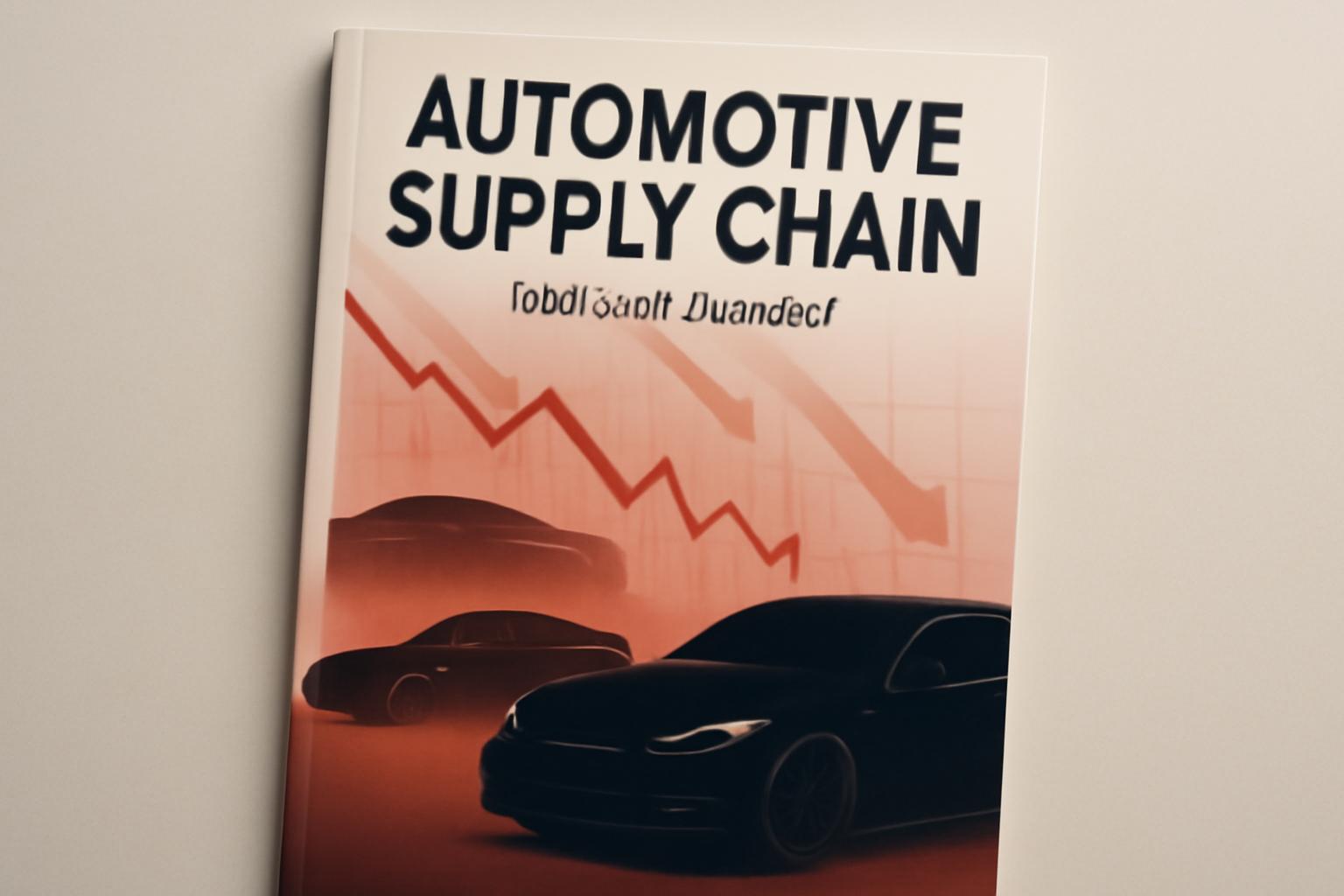Aston Martin Issues Profit Warning as Tariff Challenges Mount
Shares of British luxury carmaker Aston Martin declined by as much as 10% on Monday after the company announced a fresh profit warning. The warning highlights a difficult industry environment shaped by tariff uncertainties and supply chain pressures impacting the company’s financial outlook. Aston Martin, renowned for its iconic association with James Bond films and a history marked by financial volatility, revealed it now expects its total wholesale volumes for 2025 to decrease by a mid-high single digit percentage compared to 6,030 units sold last year. In addition, the automaker stated it no longer anticipates generating positive free cash flow in the second half of 2025 and has initiated an immediate review of future cost structures and capital expenditures.
Challenging Macroeconomic Environment
Aston Martin noted: “The global macroeconomic environment facing the industry remains challenging. This includes uncertainties over the economic impact from U.S. tariffs and the implementation of the quota mechanism, changes to China’s ultra-luxury car taxes and the increased potential for supply chain pressures.”
The automotive sector remains highly sensitive to geopolitical developments, particularly tariffs, due to its globalized supply chains and manufacturing dependencies across continents. Aston Martin shares were trading approximately 7% lower mid-morning in London, contributing to a nearly 30% decline in the stock year-to-date.
Tariffs and Quota Mechanisms Under U.S.-U.K. Trade Deal
The imposition of tariffs by the U.S. administration has disrupted global trade flows in 2025. The automotive industry, given its complex supply chains, is particularly vulnerable to such trade barriers. Under the U.S.-U.K. trade agreement reached in May, a quota was established to limit tariffs on 100,000 British-made vehicles annually to 10%. However, Aston Martin described this quota mechanism as adding complexity and hindering the company’s ability to forecast financial results accurately, especially for the current fiscal year and potentially quarterly from 2026 onward. The company continues active engagement with both the White House and U.K. government to seek greater clarity and certainty on tariff regulations. It reported “positive dialogue” with the U.S. administration but emphasized the need for “more proactive support” from U.K. policymakers.
Aston Martin urged: “Protect the interests of small volume manufacturers, like Aston Martin, who provide thousands of jobs, making an important contribution to local economies and to the wider UK automotive supply chain.”
As of publication, the U.K. Department for Business and Trade had not responded to requests for comment.
FinOracleAI — Market View
Aston Martin’s latest profit warning underscores the persistent risks luxury automakers face amid geopolitical trade tensions and shifting regulatory environments. The tariff quota mechanism, while intended to ease trade frictions, introduces forecasting challenges that impact investor confidence and operational planning.
- Opportunities: Potential renegotiation or clarification of tariff terms could stabilize cost structures and support volume recovery.
- Risks: Prolonged tariff uncertainty and supply chain disruptions may pressure margins and delay profitability turnaround.
- Operational: Cost and capital expenditure reviews may lead to restructuring, impacting short-term growth prospects.
- Market Sentiment: Continued share price volatility reflects investor concern over macroeconomic headwinds and strategic response effectiveness.
Impact: The profit warning and tariff complexities present a negative near-term impact on Aston Martin’s financial performance and stock valuation, warranting close monitoring of trade policy developments and company responses.













